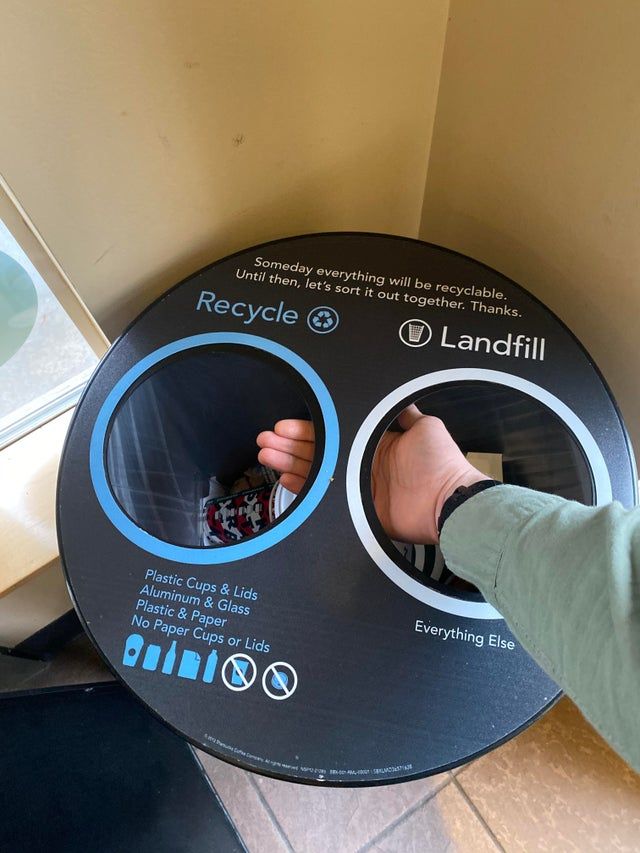By Shaun Kleber
In the last Democratic presidential debate, each candidate was asked to briefly name what he or she viewed as the greatest threat to American national security. The first few candidates listed the standard responses: chaos in the Middle East, terrorism, cybersecurity. Hillary Clinton, veering a bit off the beaten path, suggested nuclear weapons proliferation. And finally, Bernie Sanders—never one to conform to standard responses—identified climate change.
“The scientific community is telling us: if we do not address the global crisis of climate change, transform our energy system away from fossil fuels to sustainable energy, the planet that we’re going to be leaving our kids and our grandchildren may well not be inhabitable,” Sanders said. “That is a major crisis.”
The Republican backlash and ridicule was swift. The Federalist, an online conservative magazine, published an article saying, “This is getting out of hand. Do Democrats even understand national security?” Jeb Bush responded to the comment in a later interview by saying “I don’t think climate change ranks in the top ten list” for national security threats. Fox News’ Steven Doocy agreed.
The Republican response seems reasonable on the surface. Did a heat wave cause 9/11? No. Did a drought cause the Benghazi attack? Of course not. Are rising sea levels or changing weather patterns going to require a military response? Probably not.
So how is this a national security issue? It is admittedly an unconventional argument, but that does not make it inaccurate. It simply requires a different perspective—namely, looking to the root causes of what we traditionally consider a threat to national security. The issue here is not that climate change threatens American national security directly. Rather, the issue is that the environmental conditions caused by climate change can put additional stress on already weak societies, fomenting instability and political unrest and driving desperate populations to radicalize.
For years, defense, intelligence, and foreign relations experts have raised these alarms. In 2004, the Pentagon submitted a secret report to President George W. Bush warning that nuclear conflict, mega-droughts, famine, and widespread rioting could erupt around the world in response to climate change. A Council on Foreign Relations paper in 2007 examined ways to mitigate what it identified as very real risks stemming from environmental changes. In 2008, another report—this one commissioned by the CIA—sought to predict the impact of climate change on national security by 2030. As recently as 2014, the Defense Department used the term “threat multiplier” to describe climate change and its exacerbation of national security threats.
These concerns are not simply theoretical; experts have already identified very real manifestations of climate change worsening and quickening issues in the Middle East. The Center for American Progress, a Washington-based think tank, compiled a report linking the Arab Spring and the resulting regional unrest to shifting environmental conditions. “The consequences of climate change are stressors that can ignite a volatile mix of underlying causes that erupt into revolution,” the report’s authors note.
For example, Troy Sternberg of Oxford University links drought conditions in China and subsequent global wheat shortages to skyrocketing wheat prices and political unrest in the Middle East, a region with the top nine wheat-importing countries in the world. Another example can be seen in unprecedented water shortages forcing mass migrations to urban centers, overburdening existing infrastructure, risking social and political collapse, and adding to the chaos now characteristic of the region.
An even more compelling argument for Sanders’ case links the unrest in Syria—an indisputable national security threat—to climate change. A recent report identifies a 2011 drought—“the most severe in instrumental history”—as a contributing factor to the political unrest that ultimately caused the country to collapse into chaos and enabled ISIS to make the territorial gains it did. The report specifically notes that, although the decrease in precipitation in Syria was partially a product of natural variability, the “unusual severity” of the drought was almost certainly a result of climate change.
Whether or not climate change is in fact a national security concern, there is no question that this is only the latest in a series of reincarnations of the topic in a variety of policy areas. Scientists have been screaming about it from the sidelines for decades, and politicians like Al Gore originally tried to bring it to the political sphere as a scientific concern. In the 2008 presidential election, Obama framed it primarily as an economic concern, hoping to sidestep the ridicule of Mitt Romney and other Republicans over Obama’s grandiose goals to save the planet and further hoping that attaching it to a more tangible issue may elicit a greater public response. Still no notable response. Pope Francis has even tried to make it a moral issue. And now Bernie Sanders has brought climate change into the national security debate. He is certainly not the first to make this connection, but he is the first presidential candidate to stake this claim on a debate stage in an election cycle, which places it front and center in the American consciousness.
So why has this issue had such a roller-coaster ride through other policy areas? Why can the country not simply recognize it as an issue in its own right and respond accordingly? The problem, as strange as it may seem, is democracy itself. The American government had inefficiency sown into its roots. The separation of powers, checks and balances, constant elections, and countless other structural elements of the American democracy were designed to keep the government from acting autonomously—namely without the consent of the governed.
As such, for better or for worse, the government often does not act on an issue until a groundswell of support from citizens drive or at least allow it to do so—until it is clearly in America’s best interest to take action. Think marriage equality. Or even World War II. On the other hand, consider Rwanda. America failed to act because the conflict simply did not threaten any national interest. As harsh as it is, that was how the government was designed to work: to serve the best interests of its citizens. It is often easy for that best interest to be identified and promoted, but something as selfless as altruistic actions in a third-world country or as forward-thinking as responding to climate change is simply not going to elicit the same level of demand from voters.
The only way to address this problem is to push climate change and environmental sustainability as the most important issue in the next election. Not because it is the most immediate or the most broadly felt, but because we simply need to commit to finally doing something about it. For many more years—and probably many more decades—there will be more pressing issues than climate change, but at the point that it does become the most pressing, it will be far too late to act.
This article will change very little. It is neither the first nor last word on the subject, but one voice among many. But the insignificance of a single call to action cannot be used as an excuse for silence or acceptance, because the only thing that is going to have any impact on climate change is many, many small voices forming one deafening yell demanding change—a yell that cannot be ignored. For any other issue, there could be a sensational event that wakes everyone up—Michael Brown’s death for police brutality, the Stonewall Riots for marriage equality—but unless America is planning to wait until New York City goes underwater or regions of the world become unlivable under oppressive heat, the time to act is now.
Photo: uswateralliance


